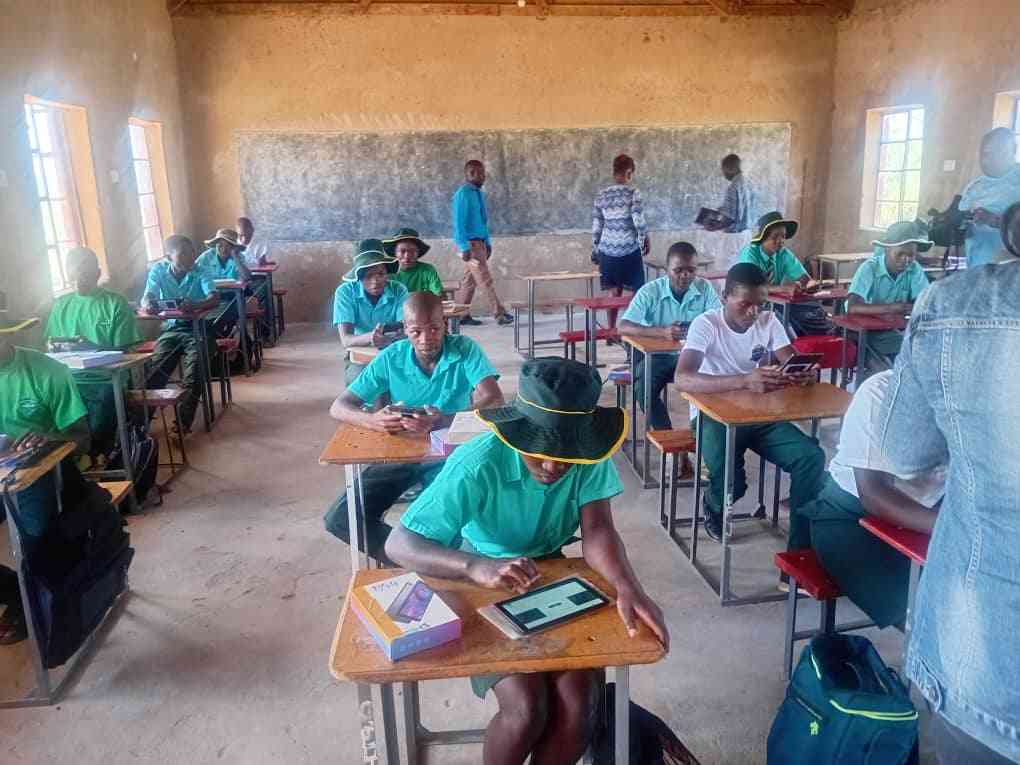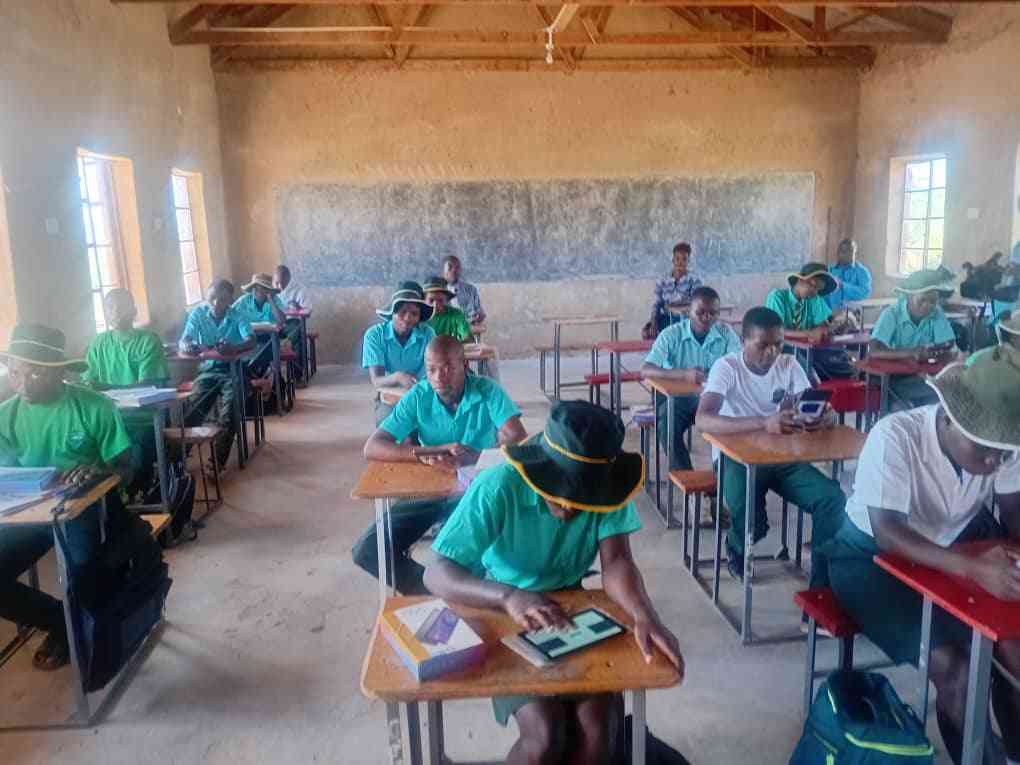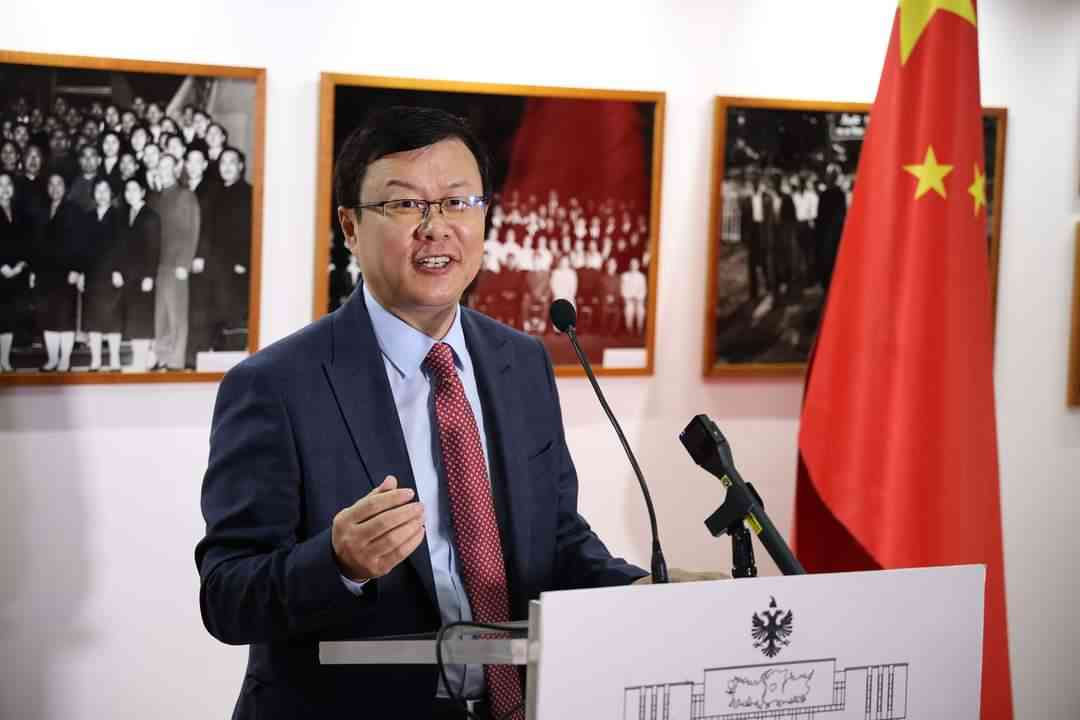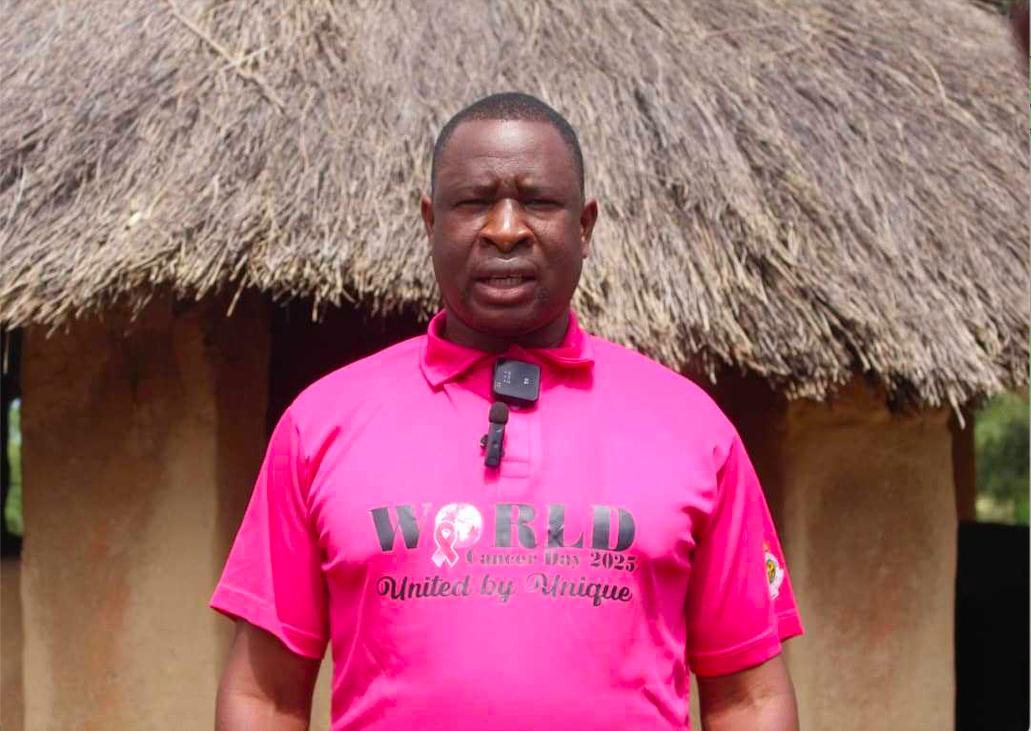
Schools in remote areas have registered a significant improvement in their pass rates following the introduction of the learning passport initiative.
The initiative was introduced by the Primary and Secondary Education ministry in partnership with the United Nations Children’s Education Fund (Unicef).
The Leaning passport is a Unicef developed programme powered by Microsoft Community training.

It provides continuous access to digital education, benefiting children in remote areas where learners had no access to the internet services.
Primary and Secondary Education ministry spokesperson, Taungana Ndoro, applauded Unicef for introducing the learning passport initiative.
“The ministry of primary and secondary education is pleased with the uptake of digital learning platforms, in particular the Zimbabwean learning passport,” Ndoro told journalists during a media tour in Buhera.
“This has reduced dependence on the textbook with most learners now relying on a learning passport to access textbooks online and revisions and it has increased immensely the passing rates.”
- Passport office contractor in row over payments
- New political party surfaces
- Passport office contractor in row over payments
- Govt reinstates passport application fee
Keep Reading
Ndoro said the intervention has helped bridge the digital divide.
“It is a fact that some rural schools have been lagging behind in terms of their pass rates, but we have seen a significant improvement,” he said
Designed and launched in March 2021 by the Primary and Secondary Education ministry in partnership with Unicef and Microsoft, the Zimbabwe Learning Passport is equipped with contents from the national curriculum developed by a selected group of senior teachers from the Primary and Secondary Education ministry.
Learners in several schools where the Learning Passport was implemented started using the platform in November 2023.
This was after the schools were solarised through the Education Development Fund TEACH programme implemented by the Primary and Secondary Education ministry in partnership with Unicef, with funding from the UK government.
The majority of learners in rural areas have no access to internet services, and the Unicef intervention is meant to provide continuous access to digital early childhood education and offers both online and offline capabilities.










